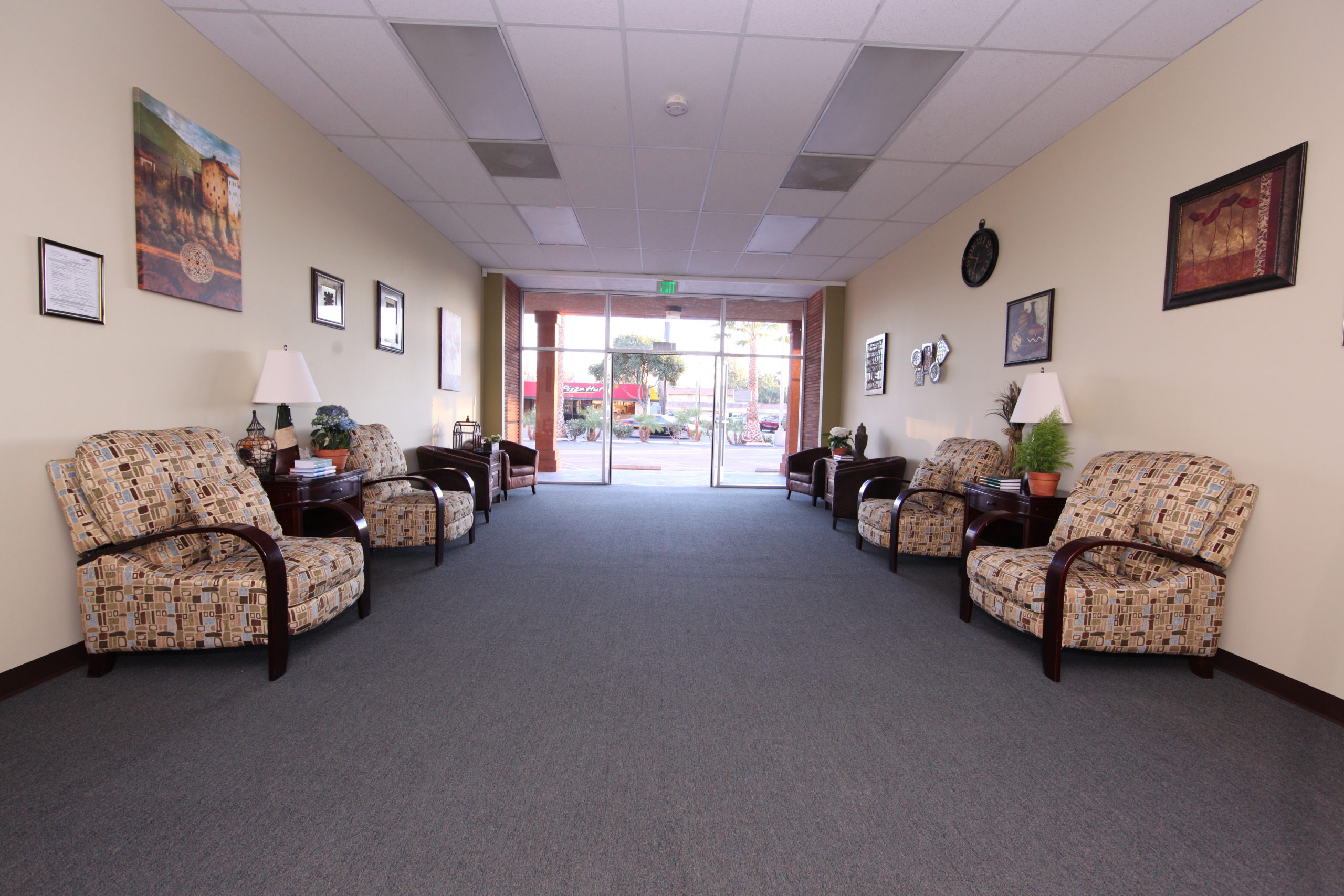Everyone worries and feels sad or grieves after a loss. Feeling run down or sad occasionally is perfectly normal but when those feelings don’t go away and begin to affect your work, sleep, relationships, and personal life – you have a problem. Major depression, also known as clinical depression, is defined as a mental health disorder characterized by a persistently depressed mood that causes a significant impact on daily life. A major depressive disorder goes far beyond life’s ordinary ups and downs.
People with major depression can’t find a way to make their lives fulfilling, properly regulate their emotions, may lose interest in their relationships and hobbies, and slowly become numb to life. A diagnosis of clinical depression comes when the person suffers debilitating symptoms on most days for more than a two-week period.


 Call
Call Text
Text